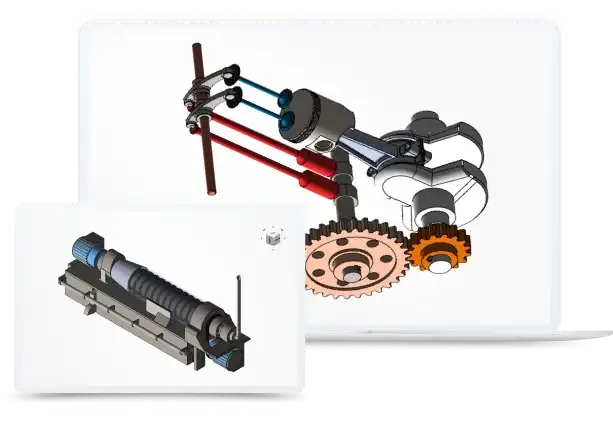
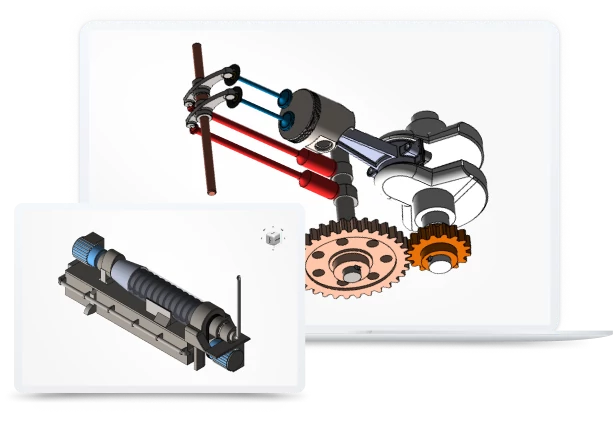
How to convert SLDPRT
to Intergraph Smart 3D?
- Applications for end-users.
- SDK's and tools for software developers.
- Custom development services for businesses.
Trusted by industry leaders







Convert SLDPRT to Intergraph Smart 3D with CAD Exchanger products
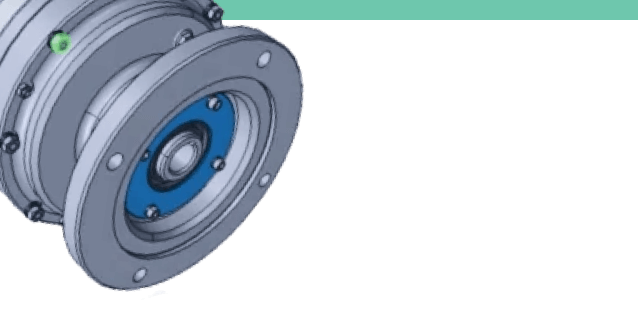
CAD Exchanger Lab
Desktop application to view, explore and convert 3D CAD data across 30+ file formats.
Convert SLDPRT to Intergraph Smart 3D with ease and flexibility:
- hide certain details and groups before conversion
- add XYZ section planes
- explode assemblies
- choose between view, projection, and selection modes
- add measurements
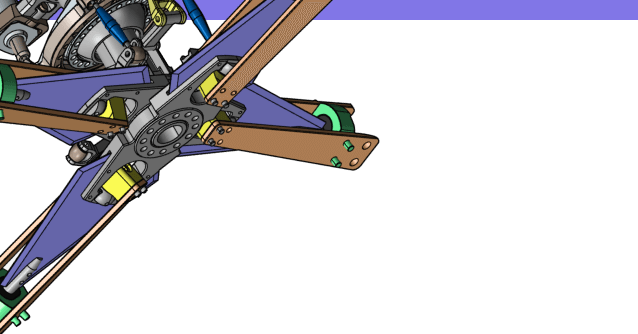
CAD Exchanger SDK
Software libraries for C#, C++, Java, Javascript and Python.
Include a wide range of conversion options in your apps:
- rapidly build production-ready applications with clear and structured API
- import, export, visualize and analyze 3D CAD files, including SLDPRT
- complete more tasks with powerful add‑ons
Learn how to convert SLDPRT to Intergraph Smart 3D with CAD Exchanger
SLDPRT
A SLDPRT file contains a 3D part created in the SOLIDWORKS design software.
Multiple SLDPRT parts can be independently modified and combined into a single SLDASM assembly file. If one SLDPRT part belongs to several assemblies, then after modifying it, the changes will appear in all assemblies.
SLDPRT are proprietary files with closed specifications. Nevertheless, some APIs (like CAD Exchanger SDK) provide the facility to read and convert them to other formats.
In addition to SOLIDWORKS software, SLDPRT files are supported by Autodesk Fusion 360.
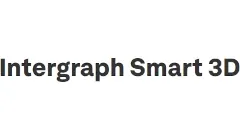
Intergraph Smart 3D, the most advanced plant design software offered in two decades, is Intergraph’s next generation, data-centric, rule-driven solution for streamlining engineering design processes while preserving existing data and making it more usable/re-usable. A fundamental component of Intergraph’s SmartPlant Enterprise, Smart 3D is a complementary, full-suite solution that provides all the capabilities needed to design a plant, and then keep it as built throughout its life cycle.
Convert SLDPRT
to Intergraph Smart 3D
Need to work with CAD files in numerous formats? No worries.
From SLDPRT to Intergraph Smart 3D, CAD Exchanger gets you covered.
What Our Delighted Customers Say
Frequently Asked Questions
From Our Blog
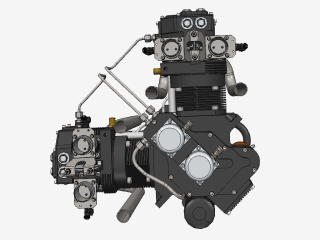
Everything you need to know about CAD file formats
A CAD file is an output of a CAD software, containing key information about the designed object: its geometry and topology representation, 3D model hierarchy, metadata, and visual attributes depending on the format of the file.
Read more
Integration with UNIGINE engine
This article explores the integration possibilities with the UNIGINE engine, a powerhouse in the realm of virtual simulation and game development. Learn how it can be used in applications built with the UNIGINE engine to import CAD and 3D models.
Read more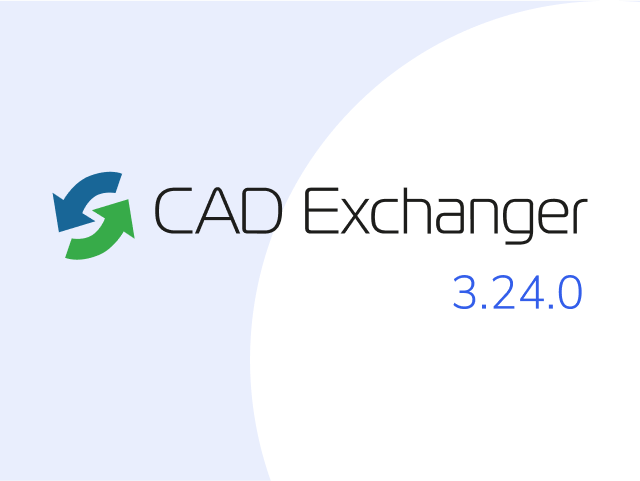
Manufacturing Toolkit and Web Toolkit enhancements, Unity performance optimization, renaming and rotating SDK examples in release 3.24.0
Explore the wall thickness at a specific point on a surface, enjoy four times faster Unity objects performance, and check out renaming and rotating examples in SDK.
Read more